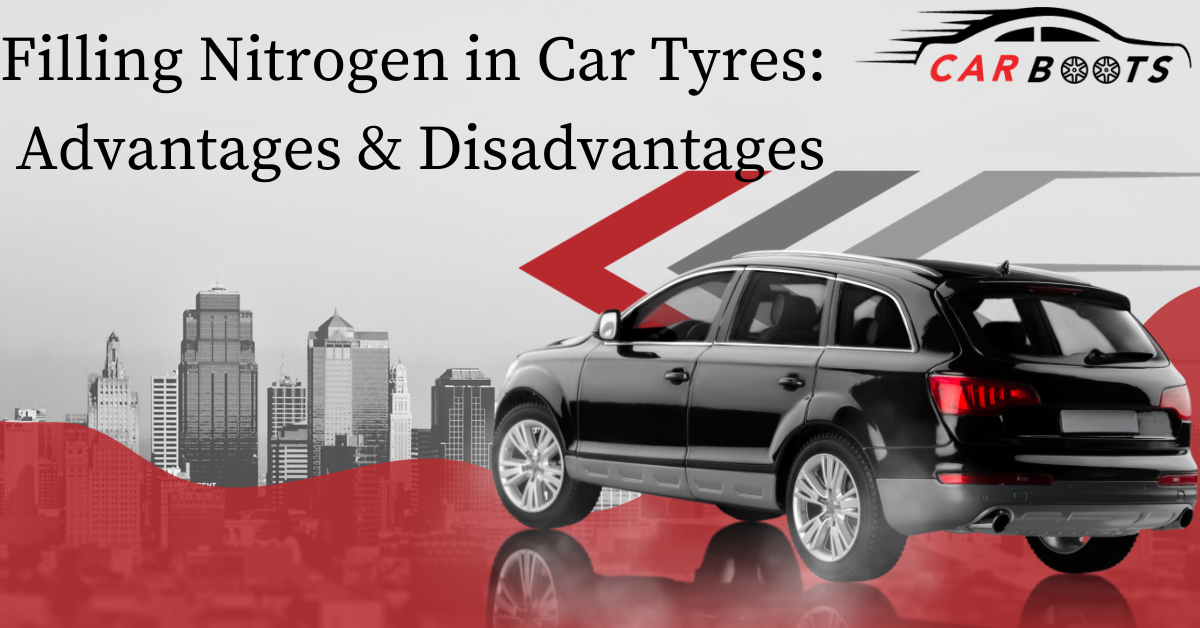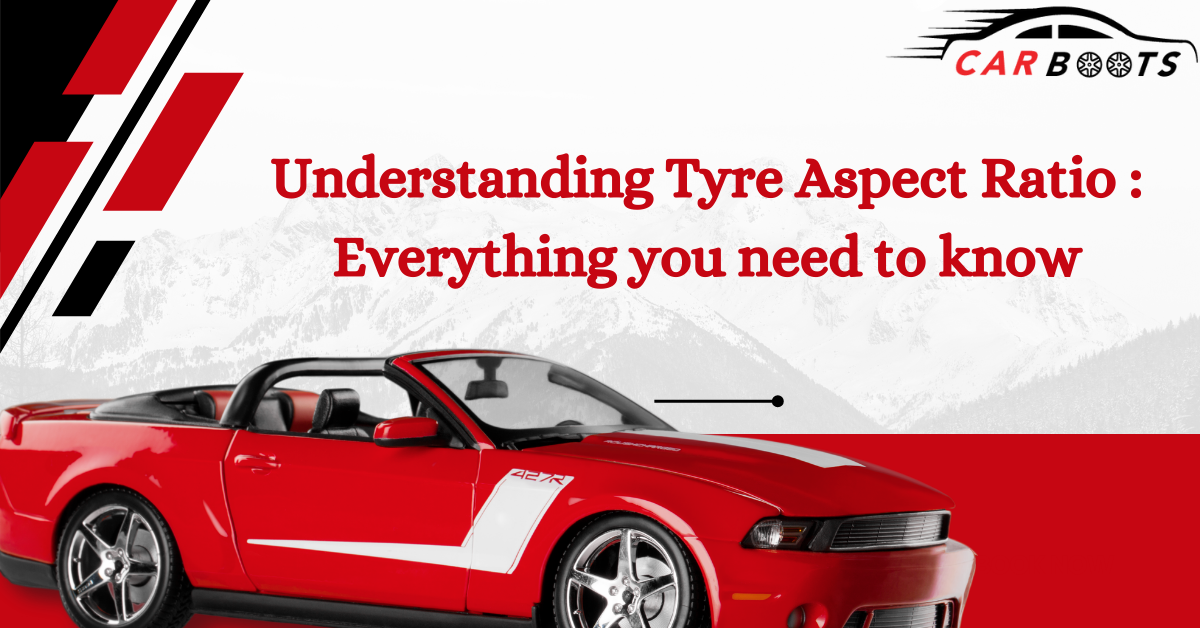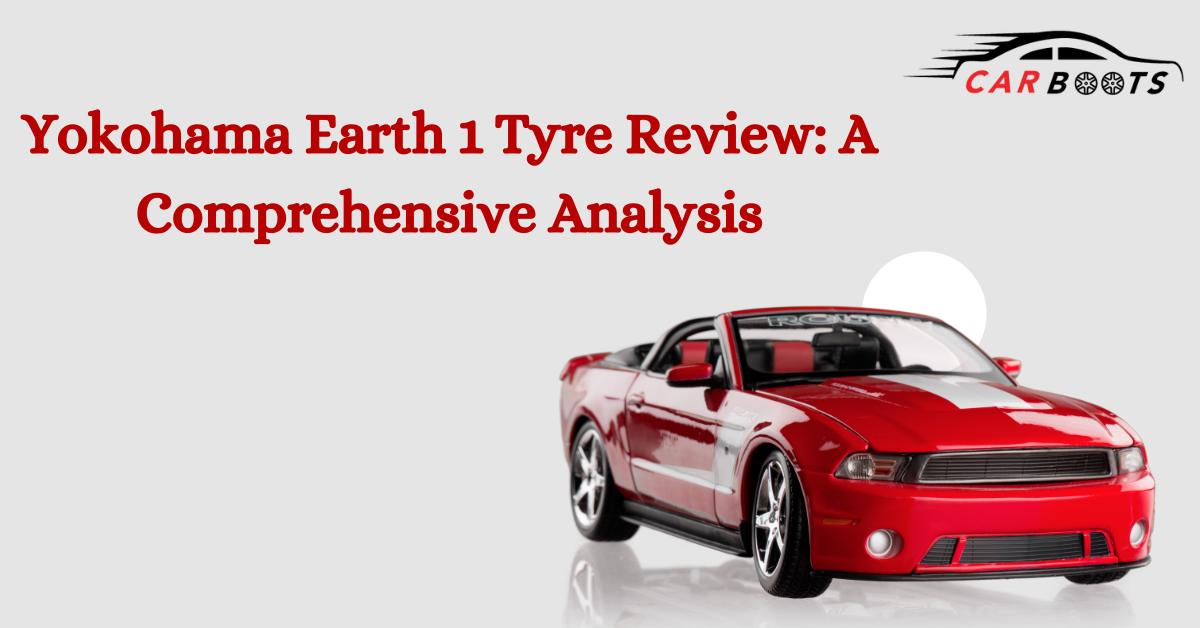Filling Nitrogen in Car Tyres: Advantages & Disadvantages
Filling Nitrogen in Car Tyres: Advantages & Disadvantages
As a car owner, you may have heard about the benefits of using nitrogen to inflate your car tyres. While nitrogen has been used in aircraft and racing car tyres for many years, it has only recently gained popularity in the consumer market. This article will explore the advantages and disadvantages of filling your car tyres with nitrogen.
Introduction
The tyres of a car are its only point of contact with the road, which is why it is essential to maintain them properly. Underinflated or overinflated tyres can cause a range of problems, including reduced fuel efficiency, uneven tyre wear, and compromised safety. Nitrogen is an inert gas that is increasingly being used to fill tyres due to its many benefits.
Understanding Nitrogen
Nitrogen is a colorless, odorless, and tasteless gas that makes up about 78% of the earth’s atmosphere. It is a non-flammable gas that does not support combustion, making it a safe option for filling tyres. Nitrogen molecules are larger than oxygen molecules, which means that they are less likely to escape through the tyre’s rubber pores.
Advantages of Filling Nitrogen in Car Tyres
Reduced Tyre Pressure Loss: Nitrogen molecules are larger than oxygen molecules, which means that they are less likely to escape through the tyre’s rubber pores. This reduces the rate of pressure loss, meaning that nitrogen-filled tyres maintain their pressure for a more extended period.
Improved Fuel Efficiency: Properly inflated tyres can significantly improve fuel efficiency. Since nitrogen-filled tyres maintain their pressure better than air-filled tyres, they can help improve your car’s fuel economy.
Longer Tyre Life: Underinflated tyres can cause uneven wear, reducing their lifespan. Nitrogen-filled tyres maintain their pressure more consistently, which can help prolong their lifespan.
Improved Safety: Nitrogen-filled tyres are less likely to overheat than air-filled tyres. This can help reduce the risk of a tyre blowout, which can cause a serious accident.
Disadvantages of Filling Nitrogen in Car Tyres
Cost: Filling tyres with nitrogen can cost more than filling them with air.
Availability: Nitrogen filling stations are less common than traditional air filling stations, making it less convenient for car owners.
Comparison of Nitrogen and Air
Nitrogen-filled tyres offer several benefits over air-filled tyres. However, it is essential to note that there is not much difference between the two in terms of their impact on your car’s performance. Air is free and readily available, making it the preferred choice for most car owners.
Misconceptions About Nitrogen Inflation
There are several misconceptions about nitrogen-filled tyres. For example, some people believe that nitrogen-filled tyres can only be inflated with nitrogen, but this is not true. Nitrogen-filled tyres can be inflated with air if needed.
Cost of Filling Nitrogen in Car Tyres
The cost of filling nitrogen in car tyres varies depending on the location and the filling station. However, it is generally more expensive than filling tyres with air.
Maintenance of Nitrogen-Filled Tyres
Nitrogen-filled tyres require the same level of maintenance as air-filled tyres. Regular tyre pressure checks and regular tyre pressure checks and proper maintenance are necessary to ensure the tyres remain safe and perform at their best.
Conclusion
Nitrogen-filled tyres offer several advantages over air-filled tyres, including reduced pressure loss, improved fuel efficiency, longer tyre life, and improved safety. However, they also have some disadvantages, including higher cost and less availability. Ultimately, the choice between nitrogen and air-filled tyres is a personal one, and it depends on your needs and preferences as a car owner.
FAQs
Can I mix air and nitrogen in my car tyres?
Yes, you can mix air and nitrogen in your car tyres if needed. However, it is recommended to use one type of inflation to maintain consistency.
How often should I check my tyre pressure if I use nitrogen?
You should check your tyre pressure at least once a month, regardless of whether you use air or nitrogen to inflate your tyres.
Can I fill my car tyres with nitrogen myself?
Yes, you can fill your car tyres with nitrogen yourself using a nitrogen generator or a nitrogen tank. However, it is recommended to seek professional help for proper tyre inflation.
How much does it cost to fill my car tyres with nitrogen?
The cost of filling your car tyres with nitrogen varies depending on the location and the filling station. On average, it can cost anywhere between $5 to $10 per tyre.
Do nitrogen-filled tyres require different maintenance than air-filled tyres?
No, nitrogen-filled tyres require the same maintenance as air-filled tyres. Regular tyre pressure checks and proper maintenance are essential to ensure the tyres remain safe and perform at their best.







